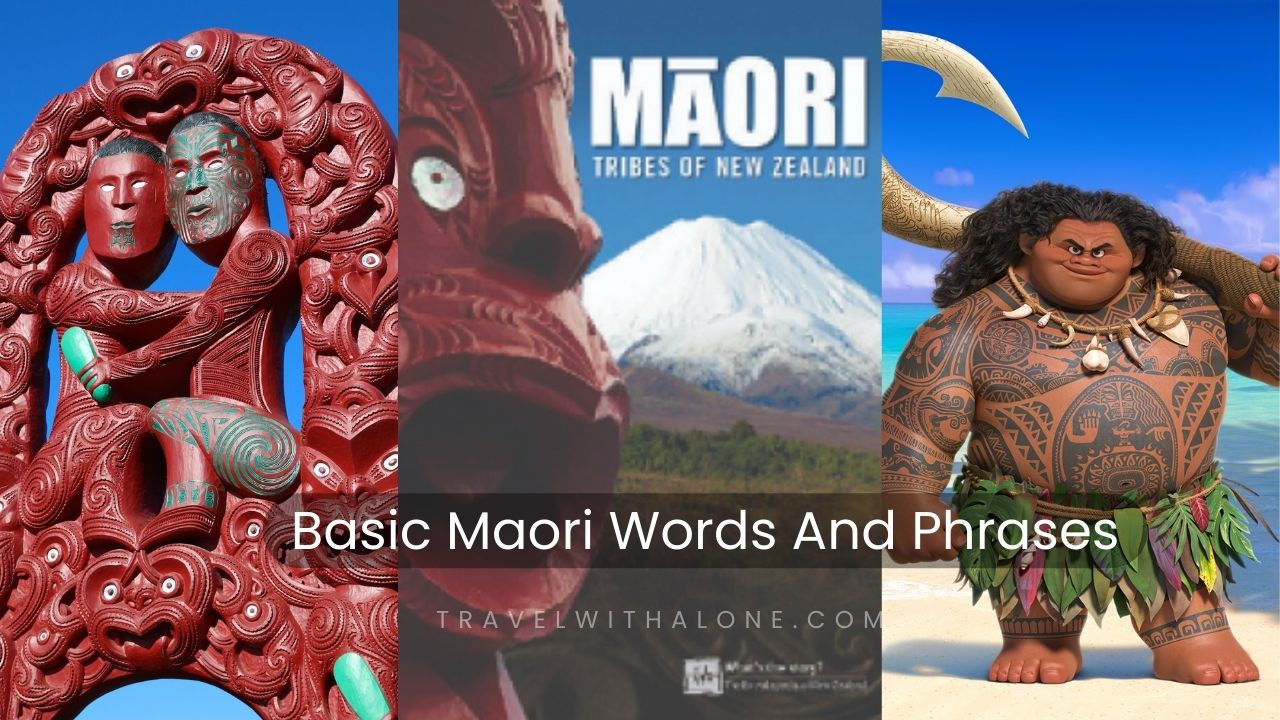Don’t worry, you don’t need to know Māori to visit New Zealand.
This not only enhances your travel experience, but it also shows respect for cultural traditions. Let’s go on a language adventure to discover vital Maori phrases that will improve your New Zealand vacations.
Basic Maori Words And Phrases
● Mori Te Reo – Māori is a language. Māori is a New Zealand official language that became official in 1987.
● Aotearoa – The modern Mori name for New Zealand, which loosely translates as “land of the long white cloud.”
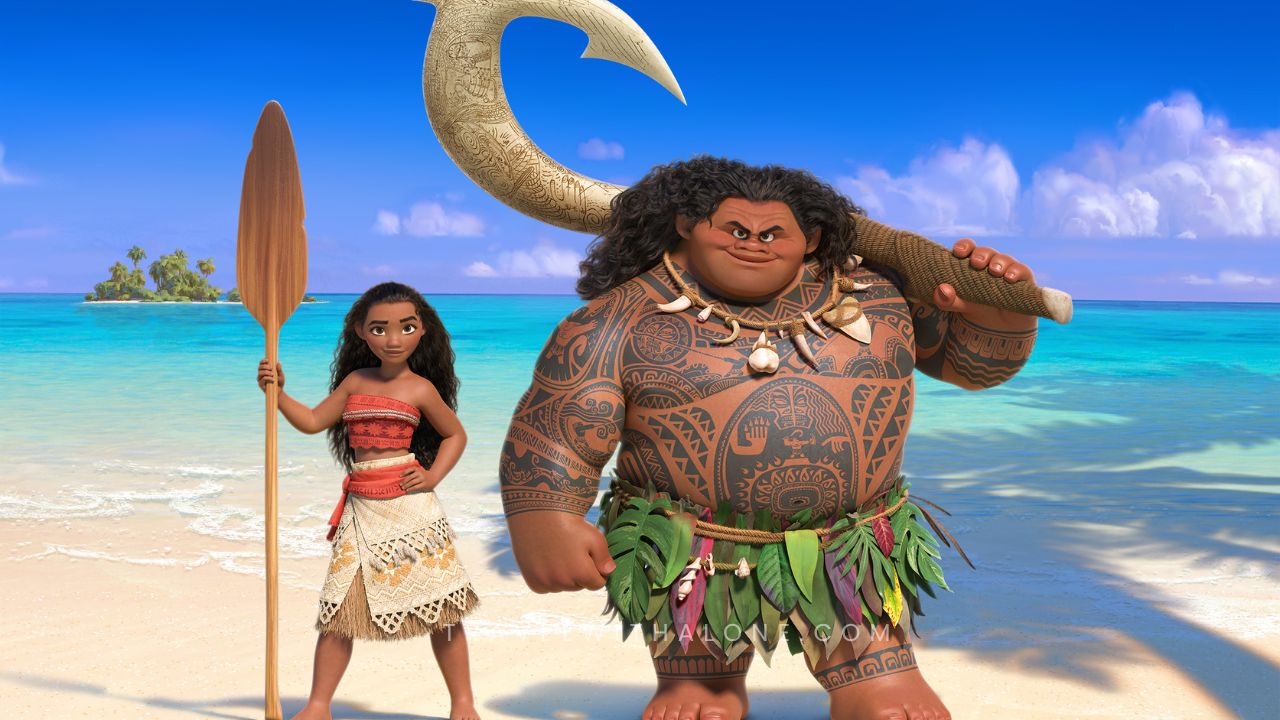
● Basic Māori Words For Greetings
- Kia ora – Hello / Greetings
- Haere mai – Welcome (said to someone arriving)
- Nau mai – Welcome (inviting someone in)
- Whakarongo mai – Listen up / Pay attention
- Tēnā koe – Greetings to you (said to one person)
- Tēnā kōrua – Greetings to you two (said to two people)
- Tēnā koutou – Greetings to you all (said to three or more people)
- Kei te pēhea koe? – How are you?
- Kei te pai – I’m good / I’m well
- Haere rā – Farewell / Goodbye (said to someone leaving)
How To Say ‘I Love You’ In Māori
- Aroha ahau ki a koe – I love you
- Aroha ana ahau ki a koe – I love you
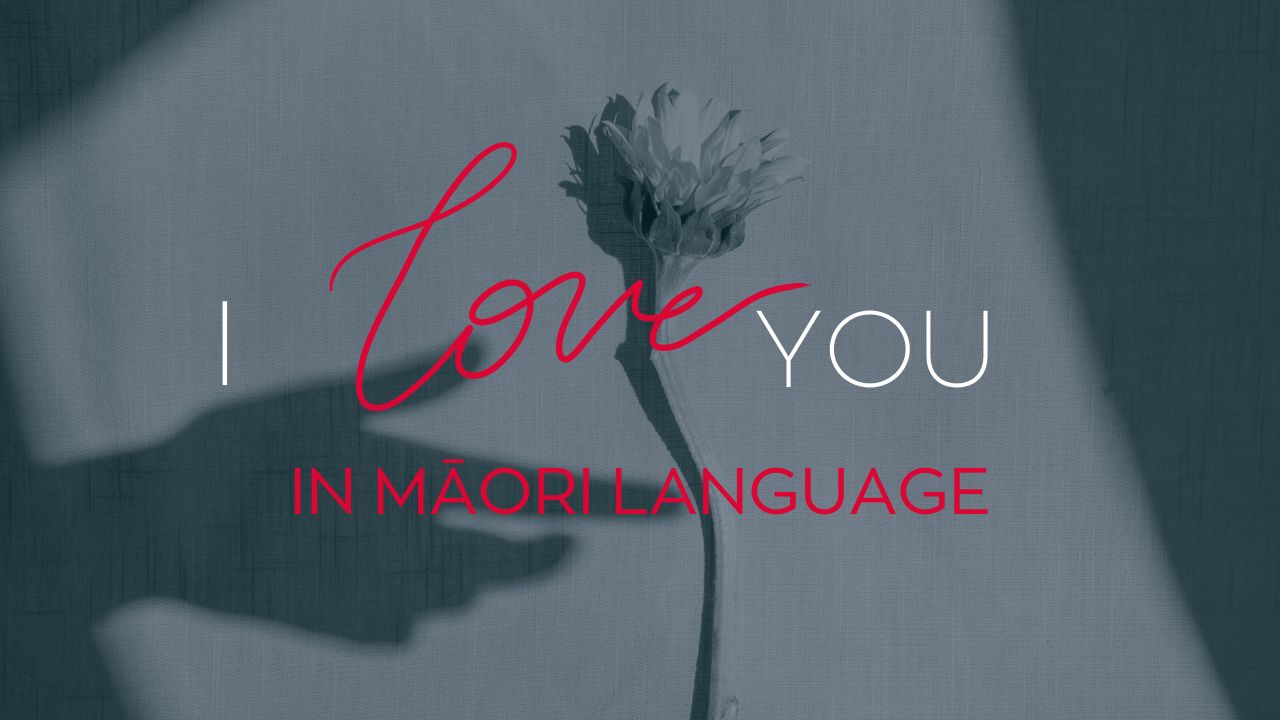
● Basic Romantic Phrases in Māori
- Aroha – Love
- Aroha nui ahau ki a koe – I love you so much
- Aroha ano ahau ki a koe – I love you too
- Kei te mokemoke au ki a koe – I miss you
- Toku aroha – My love
- Toku ngakau – My heart
- Toku ora – My life
- He ataahua koe – You are beautiful
- Ataahua – Beautiful
- Taupuhi – Darling/beloved
- Kei te pai ahau ki a koe – I like you
- E aroha ana ahau ki a koe me toku ngakau katoa – I love you with all my heart
● Basic Māori Words For Food
- Kai – Food
- Kaiwhakakakara – Cook or chef
- Hua rākau – Fruit
- Hēki – Biscuit or cookie
- Kūmara – Sweet potato
- Pātītī – Potato
- Kōura – Prawn or shrimp
- Tītī – Muttonbird
- Rīwai – Potato
- Pipī – Mussel
- Kaiwhakatere – Navigator
- Toheroa – A type of shellfish
How to Order Food in Māori
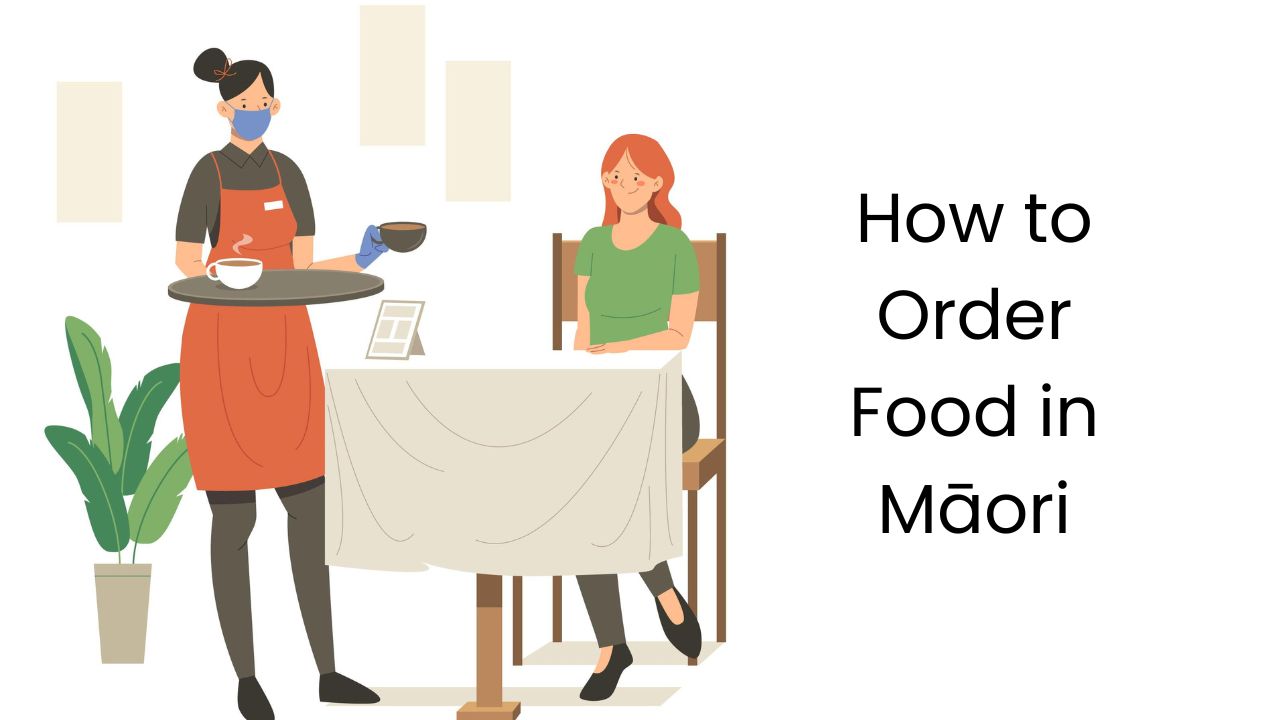
- Kia ora! – Hello!
- Ko wai tō ingoa? – What is your name?
- Kei te pēhea koe? – How are you?
- Ka whiwhi ahau i te wharekai? – Can I have a menu?
- He aha ngā kai pai? – What are the good foods?
- Whiwhi ahau i te … – I’ll have the …
For example: Whiwhi ahau i te hamburger. – I’ll have the hamburger. - Me whiwhi hoki i te … – Can I also get the …
For example: Me whiwhi hoki i te wai. – Can I also get the water. - Ka whiwhi ahau i te moni ki te wharekai? – Can I pay at the restaurant?
- Ka whiwhi ahau i te tākirirangi? – Can I have the bill?
● Basic Māori Words For Family
- Whānau – Family
- Matua – Parent
- Whaea – Mother
- Pāpā – Father
- Tamaiti / Tamariki – Child / Children
- Tama – Son
- Kōtiro – Daughter
- Aroha – Love
- Whakarongo – To listen
- Manaaki – To care for, to support
● Basic Māori Words For Transportation
- Waka – Canoe or boat
- Tereina – Train
- Waka rererangi – Airplane
- Waka waka – Car
- Tereina hiko – Electric train
- Ara – Path or road
- Tereina tere – Fast train
- Waka hiko – Electric vehicle
● Basic Māori Words For Places
- Whare kai – Dining hall
- Whare paku – Toilet
- Awa – River
- Moana – Sea
- Kura – School
● Basic Māori Words For Places Names
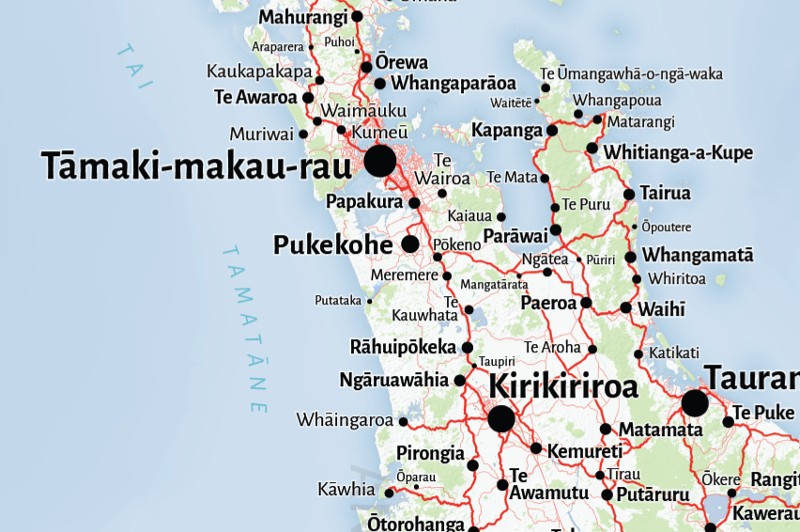
- Aoraki / Mount Cook – The cloud piercer
- Tāmaki Makaurau / Auckland – Tāmaki of a hundred lovers
- Te Whanganui-a-Tara / Wellington – The great harbor of Tara
- Ōtautahi / Christchurch – The place of Tautahi
- Rotorua – Second lake
- Te Ika-a-Māui / North Island – The fish of Māui
- Te Wai Pounamu / South Island – The greenstone waters
- Waikato – Flowing water
- Whanganui – Big bay or big harbor
- Tauranga – Anchorage or resting place for canoes
- Hawke’s Bay – Heretaunga (Māori name for the area)
- Whangarei – To wait (as in waiting for the arrival of canoes)
- Taranaki – Shining peak
- Te Mata Peak – The sleeping giant
- Pukaki – Cloud piercer (similar to Aoraki/Mount Cook)
- Whakatāne – To act as a man
- Manukau – Wading birds (referring to birds found in the estuary)
- Hokitika – A place of return for pounamu (greenstone)
- Waitomo – Water passing through a hole
- Raglan – Named after Lord Raglan, but Māori name is Whaingaroa, meaning “the long pursuit.”
● Basic Māori Words For Emergencies and Safety
- Haumaru – Safe
- Whakararuraru – Dangerous
- Tūkinokino – Emergency
- Pātai – Question
- Tono i te āwhina – Call for help
● Some Famous Maori Phrases
● Kaua e mate wheke mate ururoa – Don’t die like an octopus, instead, die as a hammerhead shark.
● Naku te rourou nau te rourou ka ora ai te iwi – People will live because of your basket and mine.
● Kāore te kumara e kōrero mō tōna ake reka – The sweet potato doesn’t mention anything about how sweet he is.
● Ki te kore nga putake e mākukungia e kore te rakau e tupu – If the tree’s roots are not irrigated, the tree will not grow.
● He iti hau marangai e tū te pāhokahoka – Success follows failure like a rainbow after a storm.
● Mai i te Kōpae ki te Urupa, tātou ako tonu ai – We are constantly learning from birth to death.
● He waka eke noa – A canoe in which we are all together.
● Ahakoa he iti kete, he iti nā te aroha – It is the thought that is important.
● Hurihia to aroaro ki te ra tukuna to atarangi kia taka ki muri i a koe – When you turn your back to the light, the shadows fall behind you.
● E koekoe te kōkō, e ketekete te kākā, e kūkū te kererū – The wood pigeon coos, the parson bird chatters, and the parrot gabbles.
● E kore a muri e hokia – What has been done is done.
● E kore te patiki e hoki ki tona puehu – The flounder fish does not return to his spawning place.
● Kia kaha, kia māia, kia manawanui – Be strong, fearless, and unwavering.
● He manako te koura i kore ai – You have your heart set on crawfish, but there are none.
● He taonga rongonui te aroha ki te tangata – Goodwill towards others is a valuable commodity.
● Whaowhia te kete mātauranga – Fill your knowledge basket.
● Ma tini ma mano ka rapa te whai – A lot of hands make light labour.
Also Read : Best Shorts Travel Quotes By Famous Authors
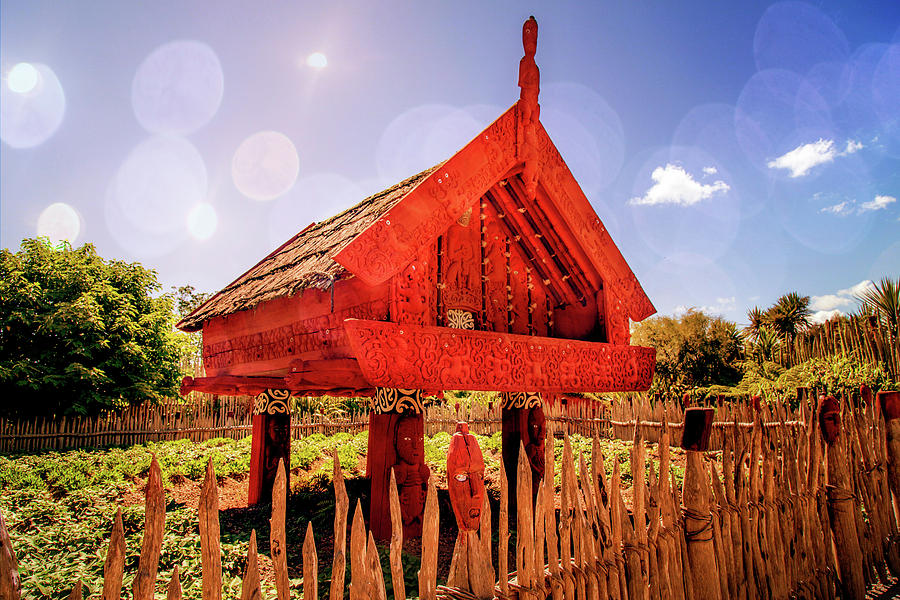
Resources for Learning Māori Words / Language
- Te Whanake – Te Whanake is a comprehensive online resource for learning Māori.
- Māori Dictionary – Māori Dictionary is an online dictionary that provides translations, explanations, and examples.
- Tōku Reo – Tōku Reo is a television series that focuses on learning Māori.
- Reo Māori Apps – There are several mobile apps available for learning Māori, such as “Kupu,” & “Te Reo Māori” .
- Māori Television – Māori Television often features programs in Te Reo Māori.
- YouTube Channels – YouTube channels dedicated to Māori language learning, such as “Māori TV” and “Te Reo Channel,”
Conclusion
Frequently Asked Questions ( FAQs )
Ka nui taku aroha ki a koe
You can say ‘tēnā koe’ or ‘kia ora’ to say ‘thank you’ in Māori, though it is ‘tēnā kōrua’ to two people and ‘tēnā koutou’ to three or more people.
To respond to ‘kia ora’, you can say ‘kia ora’ back if it’s a greeting. Or you can simply say ‘thank you’ to acknowledge the greeting.
Mōrena is a way of saying ‘good morning’ in New Zealand’s language of te reo Māori.
‘Kia ora’ is the simplest way that Maori people say hello.
While not necessary, learning Māori enhances your travel experience and shows respect for the local culture.
Share –

